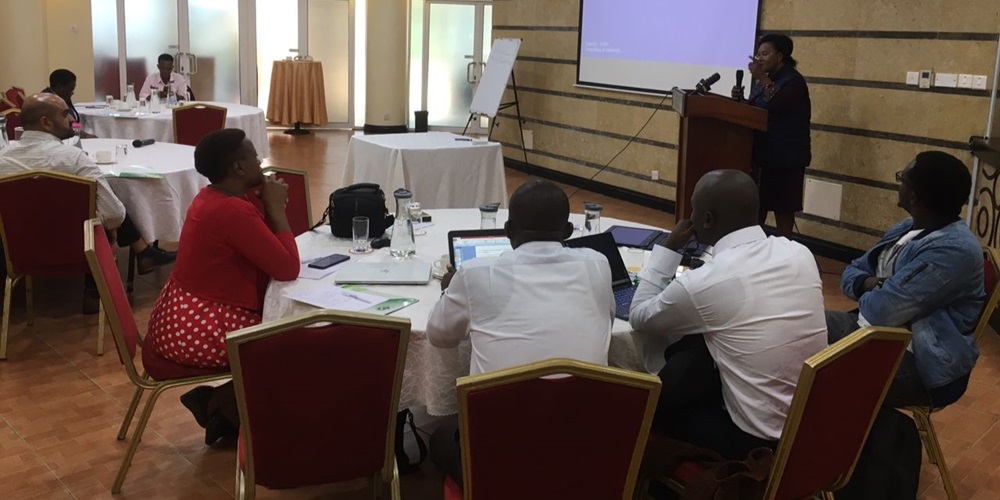Kenya Private Sector Alliance (KEPSA), through its Knowledge Centre; Sustainable Inclusive Business (SIB-K), recently participated in an event aimed at piloting membrane technology to enhance resource efficiency and cleaner production in the textile, tannery, and chemical sub-sectors for wastewater treatment within the Nairobi River Basin. Ultravetis East Africa Ltd, a KEPSA member, was selected as the pioneer for the pilot project on wastewater treatment using membrane technology.
This project falls under the Sustainable Manufacturing & Environmental Pollution (SMEP) Programme, funded by the Foreign, Commonwealth, and Development Office (FCDO) of the United Kingdom and implemented by the United Nations Conference on Trade and Development (UNCTAD). The project aims to contribute to the reduction of pollution generated by industry and institutions in the Nairobi River Basin.
What is Membrane Technology?
Membrane technology is a widely used and effective method in wastewater treatment for separating contaminants from water. It involves the use of semi-permeable membranes that allow the passage of water molecules while blocking the passage of dissolved solids, suspended particles, and other contaminants. Membrane processes are classified based on the size of the particles they can remove, with common membrane technologies including microfiltration (MF), ultrafiltration (UF), nanofiltration (NF), and reverse osmosis (RO). This technology promotes a circular economy by reducing, reusing, and recycling wastewater, thus ensuring it remains within a closed-loop system.
This collaborative effort underscores the commitment of the private sector to address environmental challenges through innovation and partnership. By embracing membrane technology and adopting sustainable practices, industries can play a significant role in reducing pollution and safeguarding the health of our water resources. KEPSA’s involvement in this initiative reflects a broader commitment to promoting sustainable development and environmental conservation in Kenya and beyond. Furthermore, the initiative aligns with Extended Producer Responsibility (EPR) and wastewater management policies, emphasizing the importance of industry accountability in managing waste and minimizing environmental impact.
Among the attendees were, Dr. Jackson Koimbori, the Senior Circular Economy and Climate Change coordinator at KEPSA, Dr. Jane Nyakang’o, Director of the Kenya National Cleaner Production Centre, which serves as the lead implementing agency for the project, Dr. Pamela Olet, Chairperson of the Nairobi River Commission (NRC), Ms. Regina Irungu, the Production Manager of Ultravetis East Africa Ltd, Mr. Pavan from Kanku Kenya Limited, the technology provider, Fintech Frontiers, the financial advisory company, officials from KAM and NEMA, academia.


